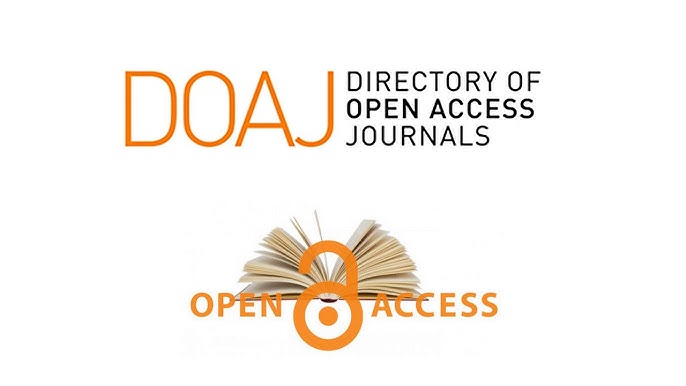NATO's Expansion into Eastern Europe... Security and Stability Repercussions
Abstract
The research sought to present the effects resulting from the Western-Atlantic incursion into the traditional strongholds of Russian influence on the western borders of the Russian country in light of the Western exclusivity that controlled international affairs following the absence of Russian hegemony with its communist appearance when it fought against capitalism, which ultimately triumphed. The importance of the research came from the need to investigate whether there was a wasted opportunity on the part of the victors to try to integrate Russia into the European security structure, or is it a natural condition that characterized the collective security treaties in their continuous effort to search for a renewed state of hostility after the fading hostility? The research concluded in some of its conclusions that it is not necessary for great global powers to succeed in a geographical environment in which the radicalism of warring races and ethnicities is intensified if these warring parties agree on a state of deep-rooted hostility to everything foreign.



